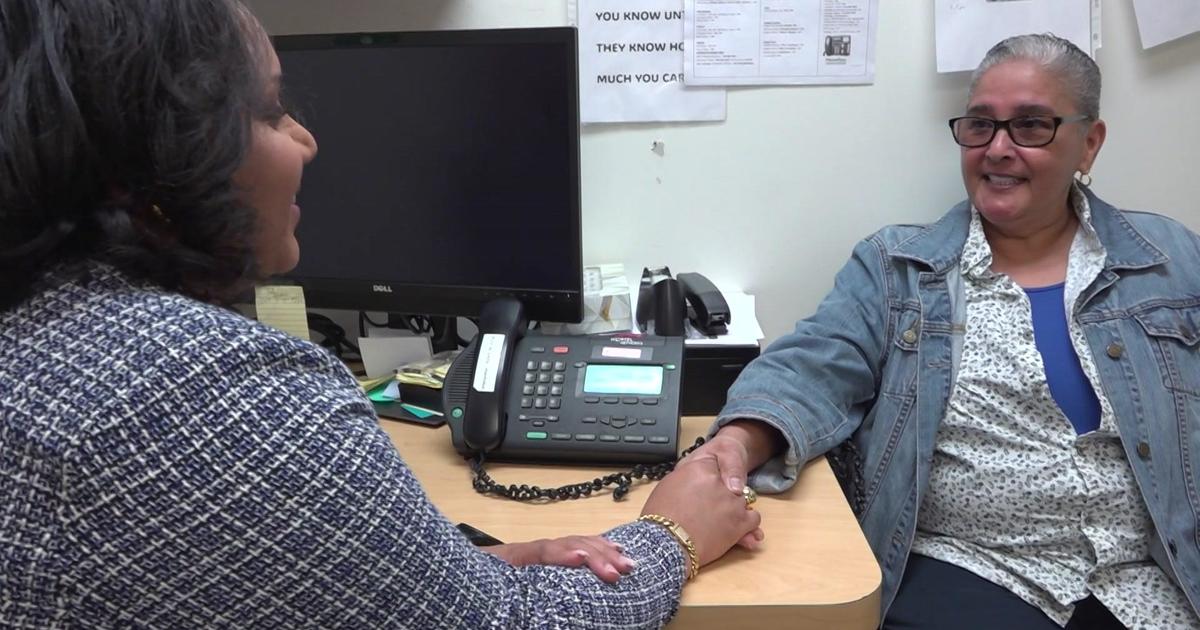Study: High Caffeine Intake Linked To Increased Risk Of Miscarriage
NEW YORK (CBSNewYork)-- Miscarriages are one of the last medical issues that most people don't talk about, but they are incredibly common.
In fact, one-third or more of women in their 30s have lost a pregnancy and in most cases, doctors can't determine the cause. It strikes women regardless of ethnicity, income, education, and even star power.
"I just feel really, really sad," actress Laura Benanti said after going through the heartbreaking experience.
"I started cramping, bleeding, and I knew what was happening and I couldn't stop it," she said.
Sometimes the miscarriage is due to genetic or other defects in the embryo or a result of medical conditions in the mother, CBS2's Dr. Max Gomez reported. Often the cause remains a mystery, but now there could be a clue.
"We followed couples every day from when they started trying to get pregnant through seven weeks after they became pregnant. We found that both men and women who consumed more than two caffeinated beverages each day had an increased risk of miscarriage," Dr. Katherine Sapra of the National Institutes of Health said.
Dr. Sapra and researchers from The National Institute of Child Health and Human Development and Ohio State University examined date from 344 couples from Michigan and Texas.
While there was a link between caffeine consumption, whether coffee, tea, or soda, that's not the same as saying that caffeine actually causes a miscarriage.
"We can't say anything or don't know how caffeine might contribute to miscarriage, especially how or why it might contribute if even the male partner is consuming caffeine," Sapra said.
The good news out of the study is that women who took a daily multivitamin before conception actually reduced their risk for a miscarriage by more than a half.
Doctors are warning women not to panic and drop their cup of coffee as the epidemiological studies have not proven cause and effect. It seems that drinking up to two cups a day of caffeine beverages did not increase the risk for miscarriage, suggesting that moderation may be the key to avoiding any possible negative links.
Caffeine might have a direct effect on the egg or sperm, but it might also be that people who drink a lot of coffee or soda may be more likely to have unhealthy behaviors like less sleep, bad diet, or more alcohol consumption.
Doctors say everyone should moderate their caffeine intake, but Gomez said it's especially important for any woman who has had a miscarriage and trying to conceive to limit her and her partner's caffeine intake.



